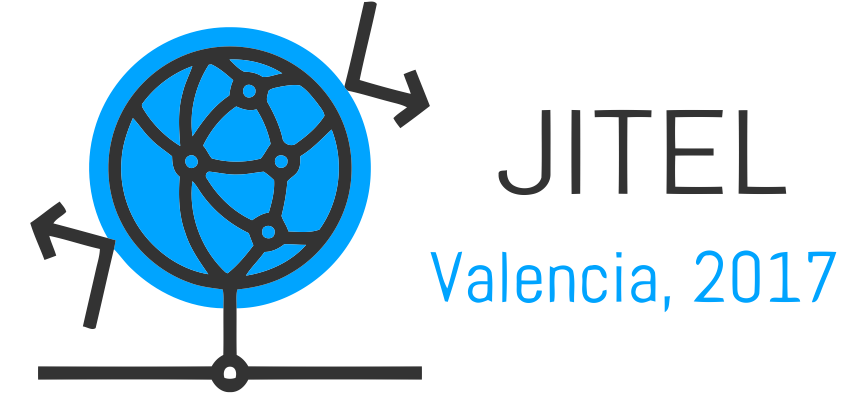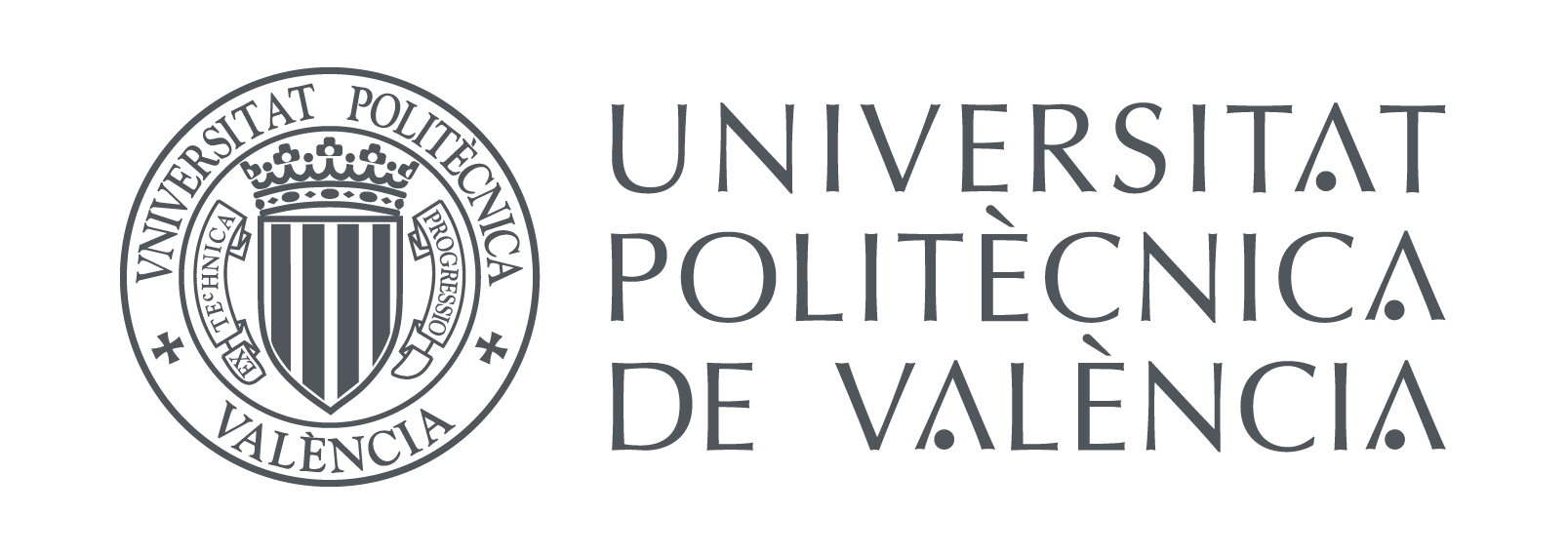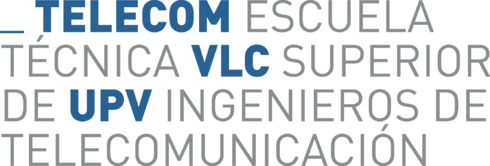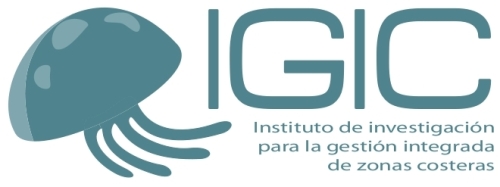Keynote Speaker 1:
Albert Banchs, Univeristy Carlos III, Madrid, Spain
Title:
Network slicing: Enabling Customization in 5G Mobile Networks
Abstract
There is consensus among the relevant industry and standardization communities that a key element in 5G mobile networks will be network slicing. The idea is to allow the mobile infrastructure to be "sliced" into logical networks, where each slice is a collection of resources and functions that includes software modules running at different locations as well as the nodes' computational and communication resources. The intention is to tailor each slice to support a specific service, providing only what is necessary for the service while avoiding unnecessary overheads and complexity. This provides a basis for efficient infrastructure sharing among diverse entities, ranging from classical or virtual mobile network operators to new players that simply view connectivity as a service, where each of these entities may be running one or more slices. This talk will focus on the key enablers for network slicing and the research challenges involved in realizing this technology. Current standardization activities will be reviewed along with the contributions of major research projects, such as the H2020 5G-NORMA and 5G-MoNArch projects. A key problem underlying network slicing is enabling efficient sharing of mobile network resources. Various approaches considered in 3GPP will be analysed, ranging from per-reservation based schemes (where network slices reserve the required resources in advance) to others based on network shares (where resources are allocated based on pre-determined shares). The performance and behavior of the various approaches will be studied based on analytical tools including optimization, game theory and machine learning. Buildig on these analyses, we will provide some insights on the stability, peformance, optimality and level of customization enabled by the various approaches.
Short Bio
Dr. Albert Banchs received his Telecommunications Engineering degree from UPC in 1997, and the PhD degree from the same university in 2002. He visited the ICSI, Berkeley, in 1997, worked for Telefonica I+D in 1998, and for the Network Laboratories of NEC Europe Ltd., Germany, from 1998 to 2003. Since 2003, he is with Univeristy Carlos III of Madrid, where he is currently a Full Professor, and since 2009 he has a double affiliation as Deputy director of the IMDEA Networks research institute. He was Academic Guest at ETHZ in 2012, and Visiting Professor at EPFL in 2013 and 2015. Prof. Banchs is currently editor for IEEE/ACM Transactions on Networking and IEEE Transactions on Wireless Communications, and regularly serves in the Technical Programme Committee of many conferences in the area, including IEEE INFOCOM, IEEE GLOBECOM, IEEE ICC, IEEE WoWMoM and IEEE WCNC, among others. Prof. Banchs has been a key contributor to a number of EU projects, and has been the coordinator of two of them. He has also run several industry contracts and is the inventor of 5 granted patents. Currently, his main effort is the technical management of the EU H2020 5G-MoNArch project, which is one of the flagship 5GPPP phase 2 projects focusing on network architecture. Prof. Banchs has received a number of awards, including the national prize to the best PhD thesis on broadband networks and the runner-up award to the best collaborative project in the region of Madrid, in addition to several paper awards at conferences as well as outstanding awards for supervised PhD theses. He a Senior Member of IEEE and an IEEE Distinguished Lecturer.
Keynote Speaker 2:
Dr. Joel J. P. C. Rodrigues, National Institute of Telecommunications (Inatel), Brazil // Instituto de Telecomunicações, Portugal.
Title:
Challenges and Perspectives Towards IoT Deployment
Abstract
This keynote addresses a hot and updated topic focusing on Internet of Things (IoT), considering their most relevant challenges and opportunities. It starts with an introduction to IoT and its typical application scenarios considering different verticals. After, an initiative to prepare ICT professionals for new challenges regarding this new generation technologies for IoT will be presented. A special attention will be given to the Inatel Smart Campus, an open Campus for research on IoT, experiments, and concepts and technology validation. Inatel has sponsored this project, started in August 2016, open for companies’ participation and promoting the academy-enterprise interaction. It is a true living lab for several IoT verticals, including smart cities and smart homes. New challenges and opportunities on IoT are discussed. The communication ends with new trends and issues on Internet of Things, suggesting further research topics.
Short Bio
Joel J. P. C. Rodrigues (joeljr@ieee.org) [S’01, M’06, SM’06] is a professor and senior researcher at the National Institute of Telecommunications (Inatel), Brazil and senior researcher at the Instituto de Telecomunicações, Portugal. He has been professor at the University of Beira Interior (UBI), Portugal and visiting professor at the University of Fortaleza (UNIFOR), Brazil. He received the Academic Title of Aggregated Professor in informatics engineering from UBI, the Habilitation in computer science and engineering from the University of Haute Alsace, France, a PhD degree in informatics engineering and an MSc degree from the UBI, and a five-year BSc degree (licentiate) in informatics engineering from the University of Coimbra, Portugal. His main research interests include e-health, sensor networks and IoT, vehicular communications, and mobile and ubiquitous computing. Prof. Joel is the leader of NetGNA Research Group (http://netgna.it.ubi.pt), the President of the scientific council at ParkUrbis – Covilhã Science and Technology Park, the Past-Chair of the IEEE ComSoc Technical Committee on eHealth, the Past-chair of the IEEE ComSoc Technical Committee on Communications Software, Steering Committee member of the IEEE Life Sciences Technical Community and Publications co-Chair, and Member Representative of the IEEE Communications Society on the IEEE Biometrics Council. He is the editor-in-chief of the International Journal on E-Health and Medical Communications, the editor-in-chief of the Recent Advances on Communications and Networking Technology, the editor-in-chief of the Journal of Multimedia Information Systems, and editorial board member of several high-reputed journals. He has been general chair and TPC Chair of many international conferences, including IEEE ICC, GLOBECOM, and HEALTHCOM. He is a member of many international TPCs and participated in several international conferences organization. He has authored or coauthored over 500 papers in refereed international journals and conferences, 3 books, and 2 patents. He had been awarded several Outstanding Leadership and Outstanding Service Awards by IEEE Communications Society and several best papers awards. Prof. Rodrigues is a licensed professional engineer (as senior member), member of the Internet Society, an IARIA fellow, and a senior member ACM and IEEE.
Keynote Speaker 3:
Prof. Dr. Carlos Delgado Kloos, Universidad Carlos III de Madrid, Spain (UC3M)
Titulo:
¿Le están moviendo el queso a la Universidad?
Resumen
Estamos hartos de escuchar cómo las TIC están transformando todos los sectores de la sociedad. Sin embargo, a la universidad española parece que no le afecta o le afecta poco. Las estructuras existentes, la normativa y la inercia no son propicios para la adaptación a un nuevo contexto, si lo hubiere.
En la presentación analizaremos si efectivamente nos encontramos en un nuevo contexto para la educación superior, presentaremos casos de éxito y reflexionaremos sobre posibles formas para pasar de la educación de la era industrial a la de la sociedad de la información.
Biografia Corta
Carlos Delgado Kloos es Ingeniero de Telecomunicación por la Universidad Politécnica de Madrid y Doctor en Informática por la Universidad Técnica de Múnich. Es Catedrático de Ingeniería Telemática en la Universidad Carlos III de Madrid, donde es también Director del Grupo de Investigación GAST y Director de la Cátedra UNESCO sobre “Educación Digital Escalable para Todos”. Además, es Vicerrector de Estrategia y Educación Digital en su Universidad y es el representante español en el comité TC3 sobre Educación de IFIP. Su área principal de investigación es la tecnología educativa. Ha liderado una multitud de proyectos de investigación tanto a nivel europeo, como nacional y bilateral y coordina la red eMadrid sobre Tecnología Educativa en la Comunidad de Madrid. El número de contribuciones científicas en congresos o revistas nacionales e internacionales supera las 400. Además, ha escrito un libro y co-editado más de una docena. También ha coordinado e impartido varios MOOCs, entre los que cabe destacar uno sobre programación con Java en la plataforma edX (www.edx.org/professional-certificate/uc3mx-introduction-java-programming).






